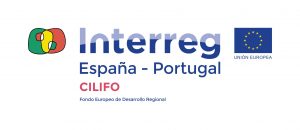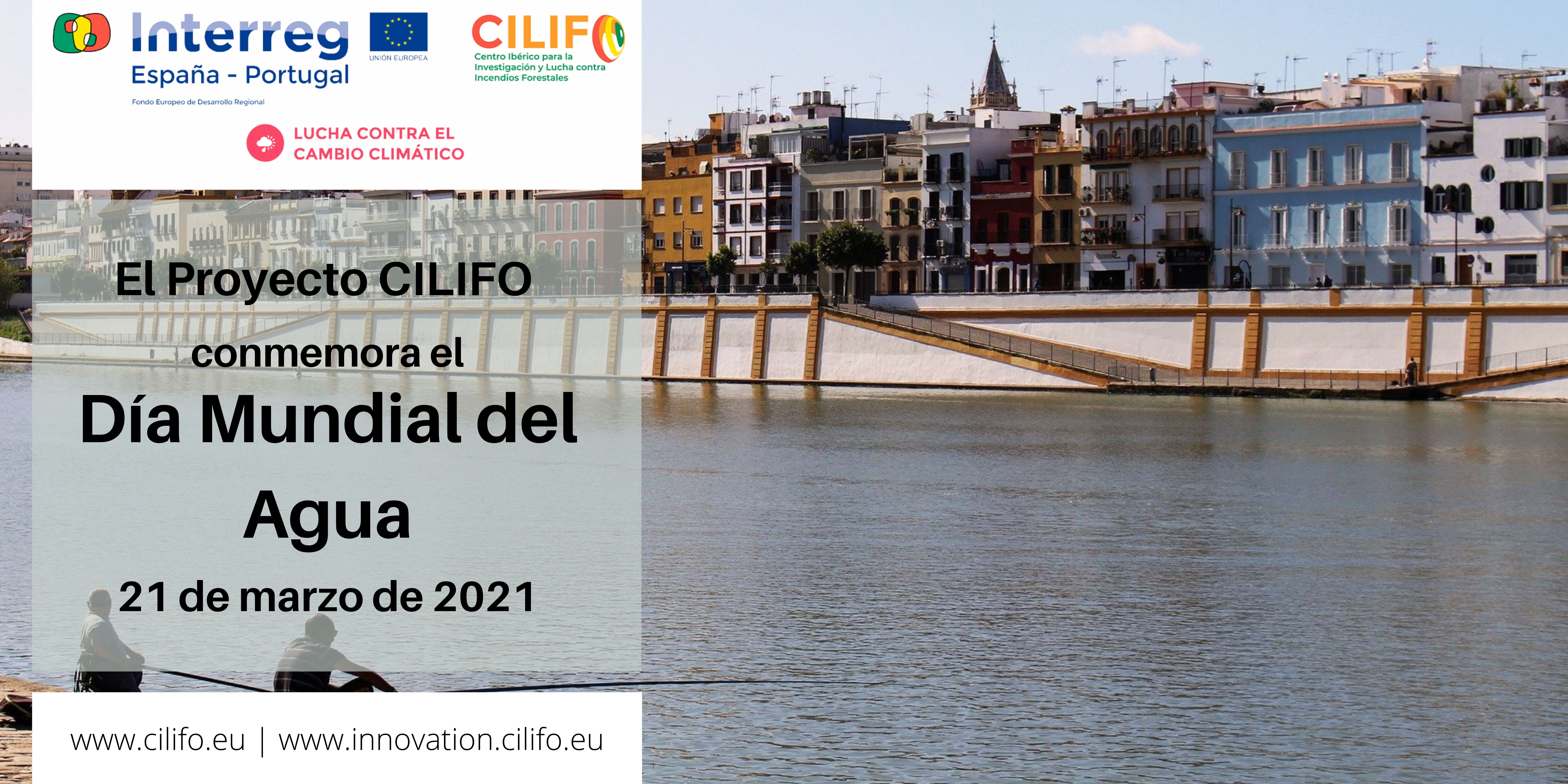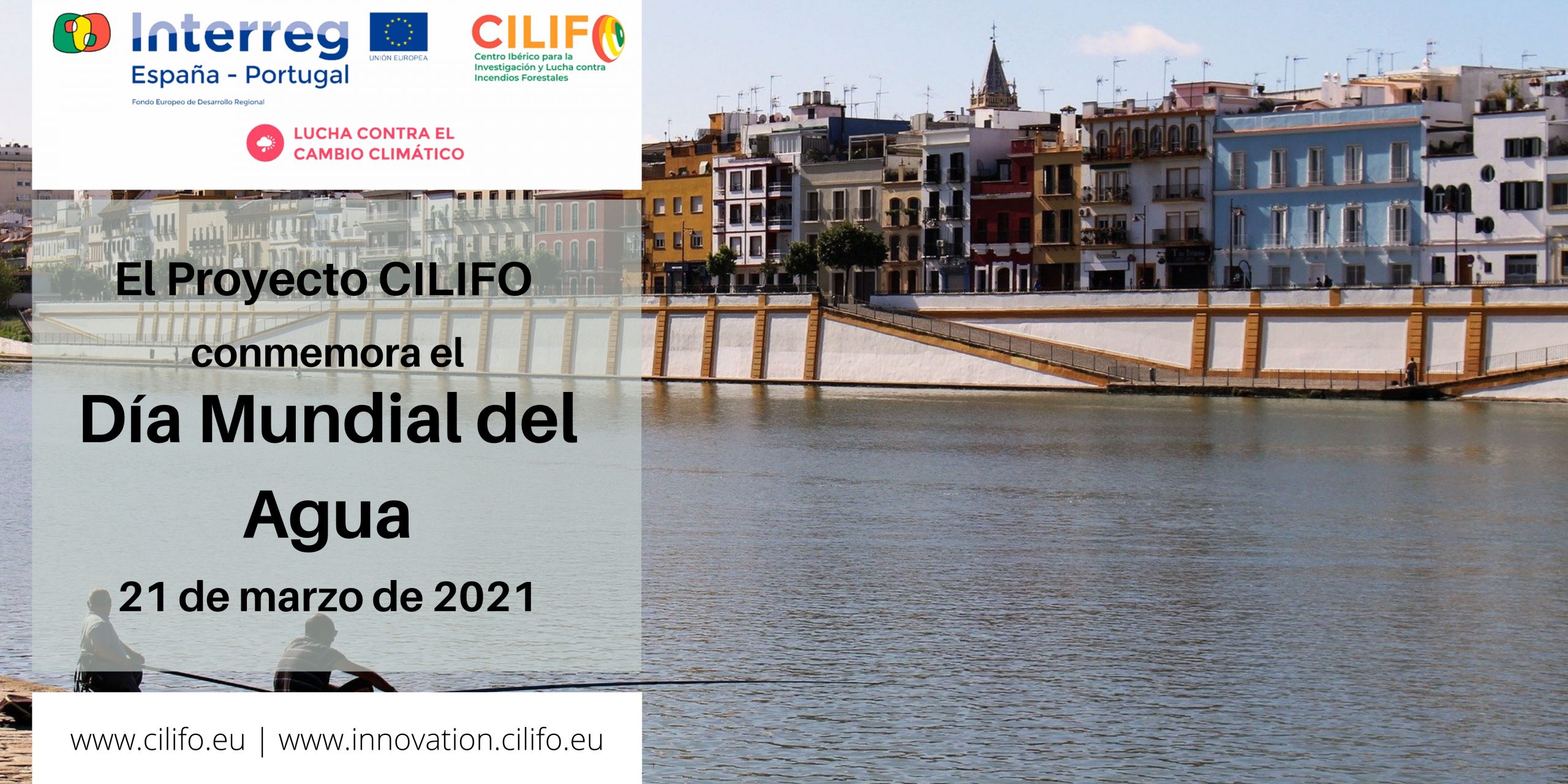22.03.2021. Water is a source of life and, despite being essential for the survival of all species on the planet, it is a limited resource and more than 2,200 million people do not have access to it, according to the United Nations General Assembly (UN). The UN recognized access to drinking water as a human right and established March 22 as a world day to raise awareness about the global water crisis, which not only affects health, but is also fundamental for sustainable development, nutrition, equality and the economy.
For all these reasons, water is the protagonist of the 2030 Agenda and one of the Sustainable Development Goals, specifically the goal number 6, has been dedicated to it, the purpose of which is to guarantee the availability of water and its sustainable management and sanitation for all. The CILIFO Project, aligned since its creation with the SDGs, participates in this specific objective through two of its goals included in the 2030 Agenda. On one hand, it protects and restores water-related ecosystems in the forest areas of the Euroregion Alentejo-Algarve-Andalusia and, on the other hand, strengthens the participation of local communities in improving water management and sanitation through awareness-raising activities.
The World Water Day was established in 1992, the year in which the United Nations Conference on Environment and Development took place in Rio de Janeiro and since then a multitude of events and activities have been developed to raise awareness about rational use of this resource, as well as to reach its equitable distribution in any corner of the planet. In this year, in which we find ourselves caught up in a pandemic that is unprecedented worldwide, the great differences between countries are once again highlighted. According to the UN, two out of five people do not have a basic facility to wash their hands with soap and water, this action being one of the main measures to prevent contagion by Covid-19.
It is up to the entire population to take care of water resources and to boost the implementation and execution of projects, through cooperation and the creation of alliances, which facilitate access to drinking water for those who do not have it. Only in this way can sustainable development be achieved, from which the social, environmental and economic needs of all the inhabitants of the planet are covered.


